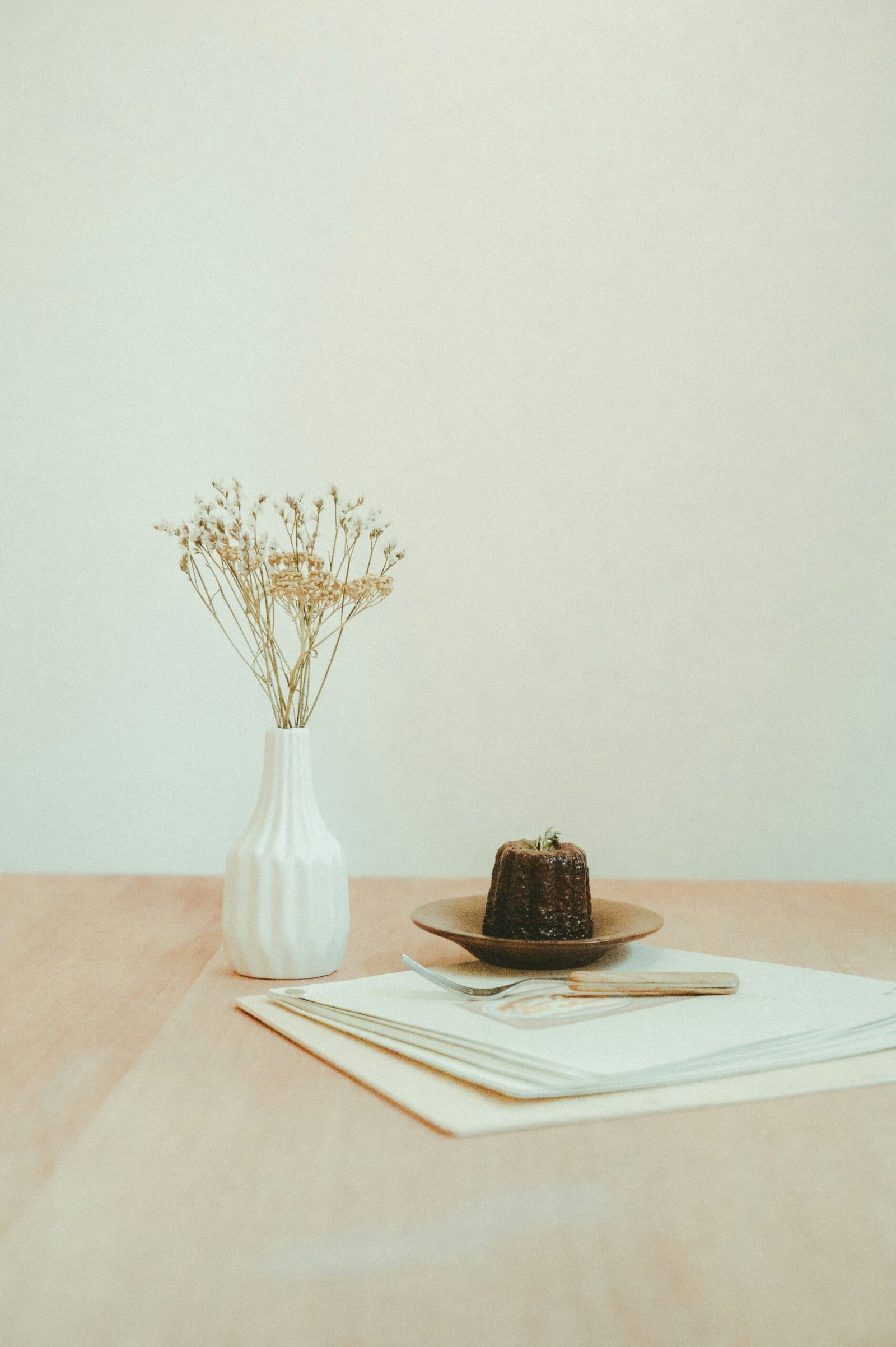Creating a harmonious and balanced living space is essential for our overall well-being. One ancient practice that can help achieve this is Feng Shui. Originating from China, Feng Shui is the art of arranging and organizing our surroundings to promote positive energy flow and balance.
What is Feng Shui?
Feng Shui, which translates to “wind and water,” is based on the belief that our physical environment has a direct impact on our lives. By arranging our homes in a way that aligns with the principles of Feng Shui, we can invite positive energy, or Chi, into our spaces.
According to Feng Shui principles, every object and element in our homes carries energy. By understanding the five elements of Feng Shui – wood, fire, earth, metal, and water – we can create a harmonious balance that enhances our well-being.
Applying Feng Shui in Your Home
Here are some practical tips to incorporate Feng Shui principles into your home:
1. Clear the Clutter
One of the fundamental principles of Feng Shui is to create a clutter-free environment. Clutter not only disrupts the flow of energy but also creates a sense of chaos and stress. Take the time to declutter your home and create a space that feels open and inviting.
2. Balance the Elements
Each area of your home corresponds to one of the five elements. For example, the living room represents the fire element, while the bedroom represents the water element. To create balance, incorporate the corresponding elements in each area. This can be done through colors, materials, and decor choices.
3. Enhance Natural Light
Light is an essential element in Feng Shui. It represents energy and vitality. Maximize natural light in your home by opening curtains and blinds during the day. If natural light is limited, use full-spectrum light bulbs to mimic natural sunlight and create a brighter, more uplifting atmosphere.
4. Position Furniture Mindfully
How you arrange your furniture can greatly impact the energy flow in your home. Avoid placing furniture directly in front of doors or windows, as this can block the flow of energy. Instead, position furniture in a way that allows for easy movement and promotes a sense of balance and harmony.
5. Use Mirrors Strategically
Mirrors are powerful tools in Feng Shui as they can reflect and amplify energy. Place mirrors in areas where you want to enhance light or create the illusion of space. Avoid placing mirrors facing the bed, as this can disrupt sleep and create a restless energy.
6. Incorporate Natural Elements
Bringing nature indoors is a key aspect of Feng Shui. Incorporate natural elements such as plants, flowers, and natural materials like wood and stone. These elements not only add beauty to your space but also promote a sense of calm and connection to the natural world.
The Benefits of Feng Shui
By applying Feng Shui principles in your home, you can experience a range of benefits, including:
- Improved energy flow and vitality
- Enhanced focus and productivity
- Reduced stress and anxiety
- Improved sleep quality
- Increased sense of well-being
Creating a harmonious and balanced environment through Feng Shui can have a positive impact on various aspects of your life, from your physical health to your relationships and overall happiness.
In Conclusion
Feng Shui is a powerful practice that can help create a harmonious and balanced living space. By incorporating the principles of Feng Shui into your home, you can invite positive energy, enhance your well-being, and create a sanctuary that supports your overall happiness and success.
